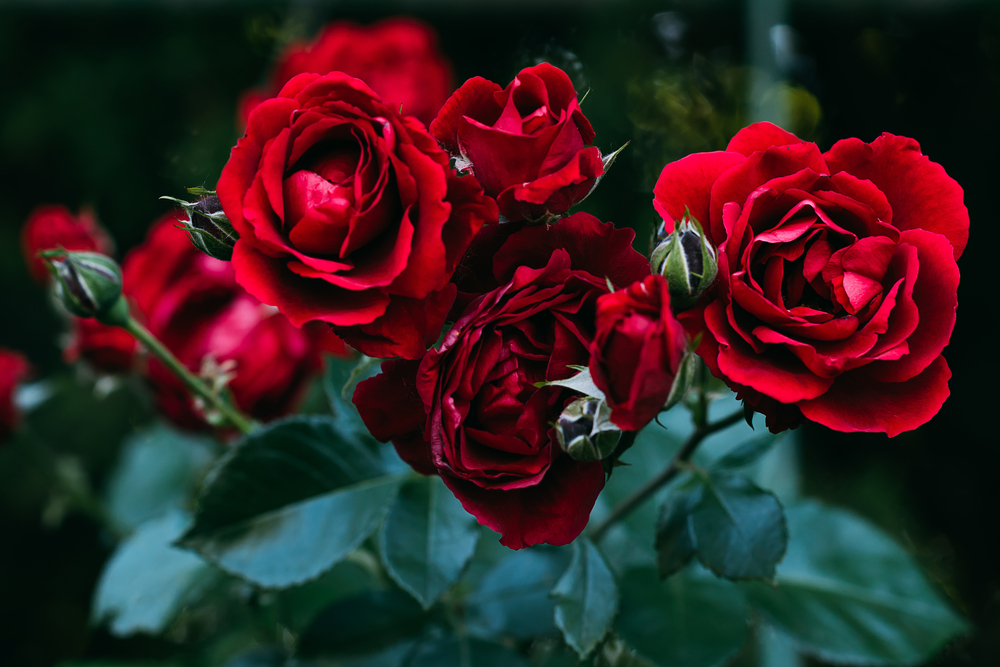Is there something wrong with that rose?” a friend asked, while she watched me cut back an unruly cane. The vigorous climber was selected to adorn the entrance of my memorial garden. Every spring, I re-direct, tie back, and cut off winter growth.
“No, there’s nothing wrong with it that a little pruning won’t help tame,” I answered.
“But you’ve cut back so much; how do you decide which canes to tie to the arbor and which ones to chop off?” she said.
I explained, if the young shoot is healthy and compliant, I can train the canes to grow over the trellis, weaving them among the crossbars of the arch. If instead, it pulls away from the support structure and anchoring it down is unsuccessful, I cut it off. I’ve tried forcing growth change, only later to cut the branch away. In the interest of preferred progress, I now just snip the offending vine off.
After spending many years with plants, I’ve come to respect each one’s unique personality. Rather than work against the natural strength of a plant, I work with it to cultivate it to its best.
“I want this rose to climb over the arch, so I have to show it how,” I answered, already aware what her next comment would be.
“I don’t think I could cut off such a large, healthy-looking shoot,” she commented, as a branch fell to the ground.
Rookie gardeners always have the hardest time cutting back what looks like vigorous growth. Lack of experience hasn’t yet taught them it is the cutting back that actually creates the most vibrant, resilient and abundant life in a plant.
“If you don’t trim the wild growth, the rogue vines will rob the life from the main plant. By controlling the good growth and giving it direction, the rose stalks will produce abundant blooms.”
She was skeptical, but I continued, “I expect it to show at its best and would be disappointed if it was ragged and looked like a wild blackberry bush. So I trim it and rein in the wild growth to help it produce.”
She asked, “Are you talking about plants or people?”
I was trained for life at the hands of a master many years ago when I was first learning how to be a gardener and a mother. My mentor taught me how and what to do with my flowers, but I always walked away with tidbits on how to parent my children.
We continued to talk while I worked. She is not only a new gardener but also a new mom wanting to be the very best she can be. There is something about the moment we all become mothers (and fathers) that our desires are stirred to be better at parenting than our parents were, yet not lose all the best things our parents did right. There is something very intimidating about the massive responsibility of shaping another human’s life.
Like this young mother, I wanted to raise my children to be the very best they could be. I don’t care if they are ‘the best’ in the world’s eyes, but I do care that they become their best.
We know they will need a support structure. It takes work to help our children understand the strength and support of family.
Was there trimming in their lives? ABSOLUTELY! My mother cut huge ugly rogue sprouts out of my life in order to groom me to adulthood, and we lovingly do the same for our children. Trimming ugly growth from their lives, didn’t make us popular. Integrity and strength of character requires shaping and tender loving care and more times than not—tough love.
Like with my roses and as a rookie mom, I was often unsure of what or how much trimming and training to do; but when I was in doubt I always secured my young vines to the integrity of God’s trellis. With much prayer, mentoring advice, and trusting my heart, I learned the unique pliability of each child; and like my roses, bent them without breaking them.
Most new gardeners feel successful when they see foliage of any kind, but experienced gardeners know even a weed produces abundant growth. Children, left to their own grooming, will produce, but as guardians our job must take precedence in determining the influences that will direct. Without parental direction, our children can become like wild roses that wander aimlessly.
It is essential to weed around our children by pulling bad influences away that may choke their development; and fertilize them with praise daily to stimulate healthy maturity. It is also necessary at times to cut large ugly cancers from their lives and decide how soon they can battle the elements outside the hot house on their own. Many gardeners learn by trial and error. Unfortunately, the cost of error is too expensive when it comes to our children. Often a master gardener, mentor or ‘how-to’ book can help us be immediately successful. However, I have found I know my plants best when I spend hours with them on my knees in the garden.
My friend, still watching me cut the wild branches from the rose bushes asked sincerely, “What if I cut the wrong branches, or cut too much?”
Smiling at her and handing her the clippers, I encouraged, “Give it a try. If you make a mistake, there is always next month’s growth to practice on and they are much more resilient than you think. Don’t worry—sturdy, grounded roses will be beautiful in spite of us. The only real mistake you can make is leaving them unattended.”
This story and others like it come from Seeds of Wisdom for Parents and Grandparents
